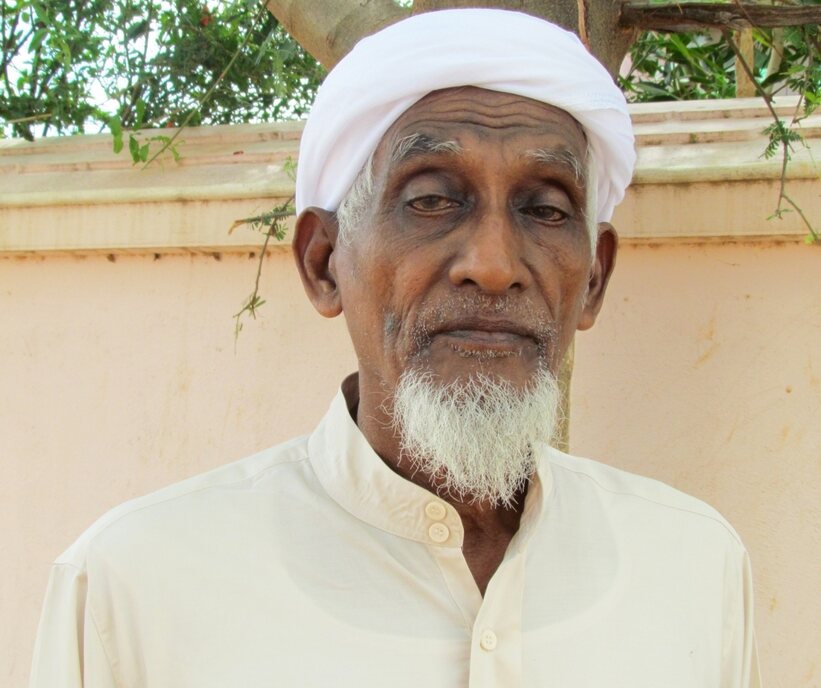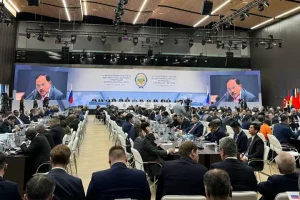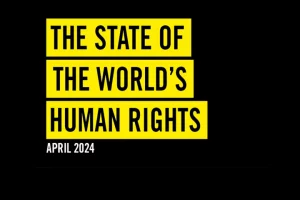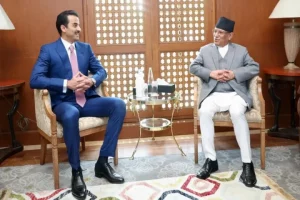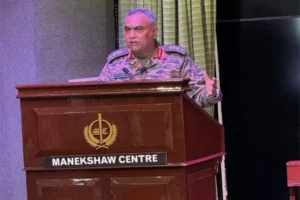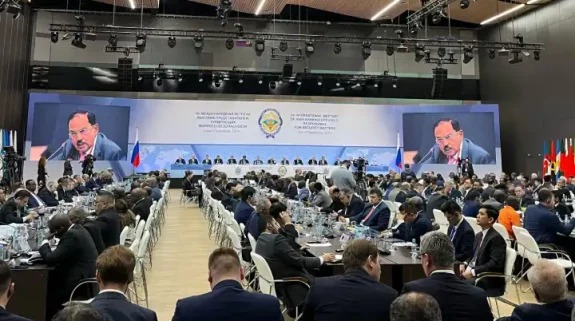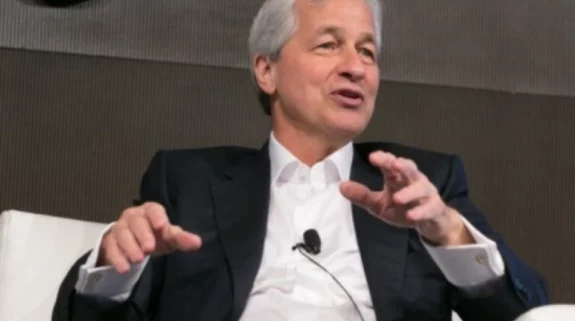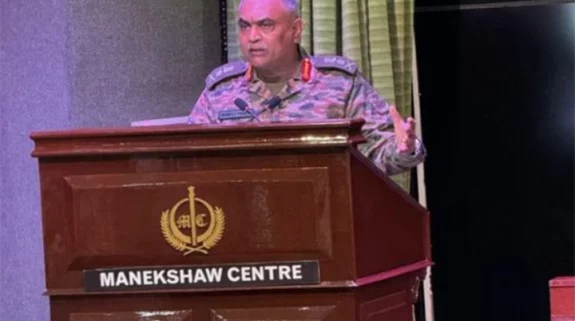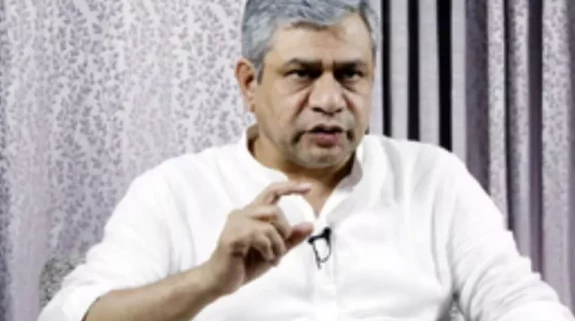His body may look frail and his walk slow but then there is something arresting in his deep set eyes. They are alert, curious and wanting to learn more. This is the description of Muraiduganduar Ali Manikfan, the multi-faceted septuagenarian, who was conferred Padma Shri this year. A man of diverse interests and achievements, he wants to do more.
Born in 1938 in Lakshadweep’s Minicoy Island, he is a marine researcher, ecologist, shipbuilder, and polyglot. Now for the twist. He holds no formal educational qualification as he gave up studies at Kannur, where his father sent him. Adopting autodidactic approach, he went on to learn on his own about subjects that interested him.
.jpg)
As a child, his sailing expeditions gave him first-hand knowledge about fishes and boats. Later, working in a lighthouse and the meteorological department, he became familiar with stars and their constellation. Switching jobs, he finally landed at the Central Marine Research Institute to join as a laboratory boy in 1960, from where he retired 20 years later as a museum assistant.
During this phase, his love for marine life, helped him to identify and specify more than 400 fishes. Working closely with Dr. Santhappan Jones, his contributions was acknowledged by the former in his book “Fishes of the Laccadive Archipelago”. Manikfan discovered a new fish species in 1968 which was named as abudefduf manikfani in his honour.
Acknowledging his contribution Dr. Syed Zahur Qasim, a marine scientist in the documentary The Man In Million directed by Maajid Azhicode says, “He was a very hardworking scientist. He transformed the museum and performed extremely well in whatever work was assigned to him.”
A language Guru
Manikfan, is a polyglot and knows 14 languages. These include his mother tongue Divehi (Mahl), English, Hindi, Malayalam, Arabic, Latin, French, Russian, German, Sinhalese, Persian, Sanskrit, Tamil and Urdu. In the film, he observes: “Language is something unique to humankind. By learning basic languages like Latin, Sanskrit and Arabic, one can easily pick up European, Indian and Semitic languages.”
His passion for learning is not just limited to languages only. Having, opted for voluntary retirement from CMRI, he ventured into sustainable and non-aggressive agriculture. Calling it ‘Do Nothing Farm’, he believes that human intervention should be minimal and only when necessary. Turning his magic, he transformed a 15-acre barren land in Vedalai village in Tamil Nadus Ramanathapuram district, into a green area. He believes that nature knows and can take care of itself, provided there is no human intervention. Adhering to this, he explains in the film, how creating ponds for storing rain water, goes a long way to spur vegetation.
Moving to a level further Manikfan built an eco-friendly house on his own. Devoid of doors and windows, the dwelling has multiple holes in the walls. “This allows wind to come inside, thereby keeping it cool,” he explains. A staunch believer of renewable energy, the house is self-sufficient in water and energy needs. For electricity generation, Manikfan taps solar and wind power. He has designed a solar oven too.
Always daring to try new ventures, Manikfan in 1981 was given responsibility of constructing an Arab trading ship by Tim Severin. Named “Sohar”, Manikfan along with a team of carpenters, built it using traditional boat-making techniques, without any metal. Constructed in a year, Severin travelled in it and now it is displayed at a museum in Oman.
Other interests
Manikfan has made a mark for himself by making a fuel-efficient moped and getting it patented. Along with his son, he travelled from Tamil Nadu to Delhi to prove its efficacy. He has also designed a lunar calendar which he is urging Muslims across the world to adopt.
Staunchly believing in self-education, Manikfan’s children too have been home schooled. Lack of formal schooling has not stopped him from giving lectures in premier educational institutions like Indian Institute of Science and Technology and National Institute of Oceanography. According to him, “education should develop the moral quality of a man, and not make them rough. Most students simply memorise what is taught to them, without knowing what it is. They must understand the subjects, and develop their own ideas.”
Having been felicitated by Government of India, he feels honoured but modesty makes him remain in shadows, doing what he does best, read, acquire knowledge, discover and invent!






